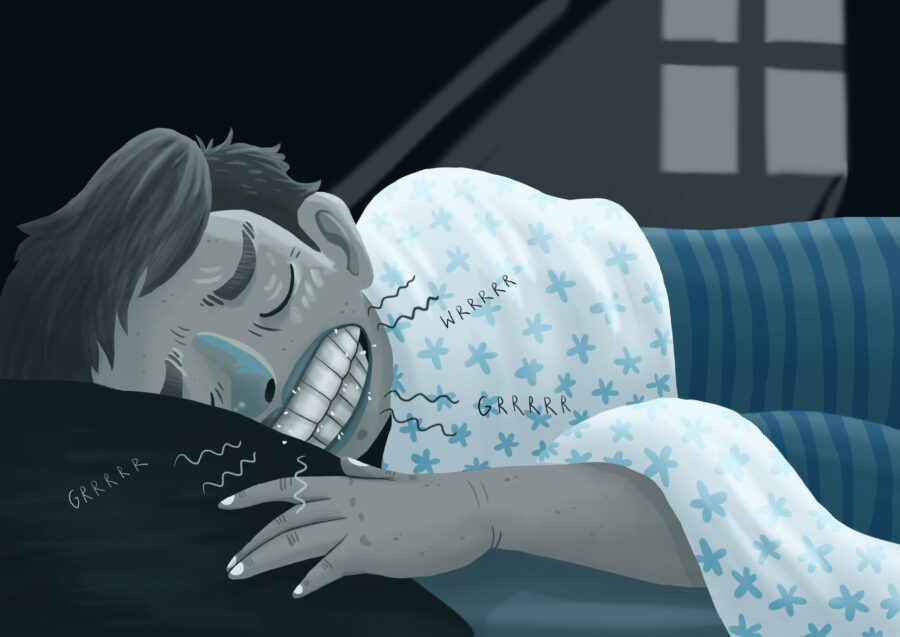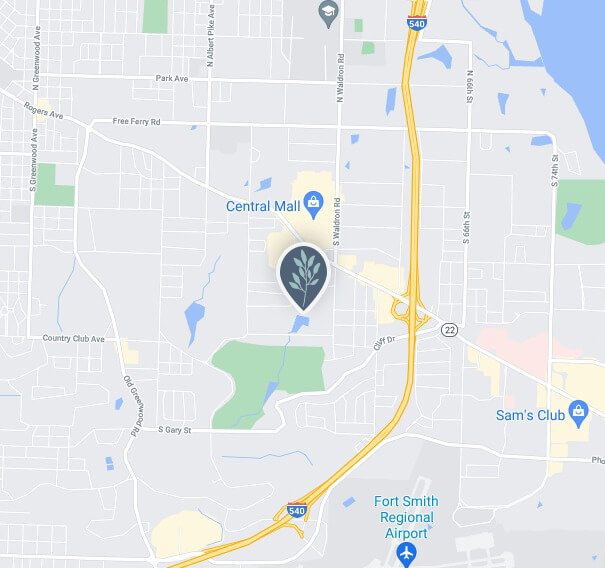
What’s the Difference Between TMJ and Bruxism?
September 5, 2025 9:00 amIf you’ve ever felt jaw pain, headaches, or noticed clicking when you chew, you may have come across the term “TMJ.” Many people use TMJ to describe jaw problems, but that’s not quite accurate. TMJ stands for temporomandibular joint—the hinge that connects your jaw to your skull. The actual condition is called TMD, short for temporomandibular joint disorder. To make things more confusing, TMD can sometimes be related to another condition called bruxism. At River City Dental in Fort Smith, Dr. Peyton Aven and Dr. Emily Steininger help patients sort through these terms and, more importantly, find relief.
What Is TMD?
TMD refers to a disorder of the temporomandibular joint. This joint controls talking, chewing, and yawning, so when it’s not working properly, you notice it. Symptoms can include: jaw pain, stiffness, popping or clicking sounds, headaches, and even pain radiating to the neck or shoulders. Causes vary and may include injury, arthritis, stress-related muscle tension, or bite misalignment.
What Is Bruxism?
Bruxism is the term for teeth grinding or clenching. For many people, this happens unconsciously during sleep, though it can also occur during the day, especially in stressful situations. Over time, bruxism can wear down teeth, cause sensitivity, and put strain on the jaw muscles. This strain may even contribute to TMD symptoms.
How TMD and Bruxism Overlap
While bruxism and TMD are separate conditions, they sometimes go hand-in-hand. Grinding and clenching place pressure on the temporomandibular joint, which can worsen TMD. On the flip side, people with TMD may unconsciously clench their teeth to try to stabilize the jaw. This overlap can make diagnosis tricky, which is why it’s important to have a dentist evaluate your symptoms instead of trying to self-diagnose.
Finding Relief at River City Dental in Fort Smith, AR
Jaw pain and teeth grinding don’t have to be part of daily life. At River City Dental, Dr. Peyton Aven and Dr. Emily Steininger evaluate patients for both bruxism and TMD, then recommend treatment options tailored to each situation. From custom nightguards to therapies that ease joint strain, we’ll help you find a path forward. If you’re noticing jaw discomfort, clenching, or changes in your bite, call our Fort Smith office or schedule an appointment online. Relief may be closer than you think.
Image from Authority Dental under CC 2.0



